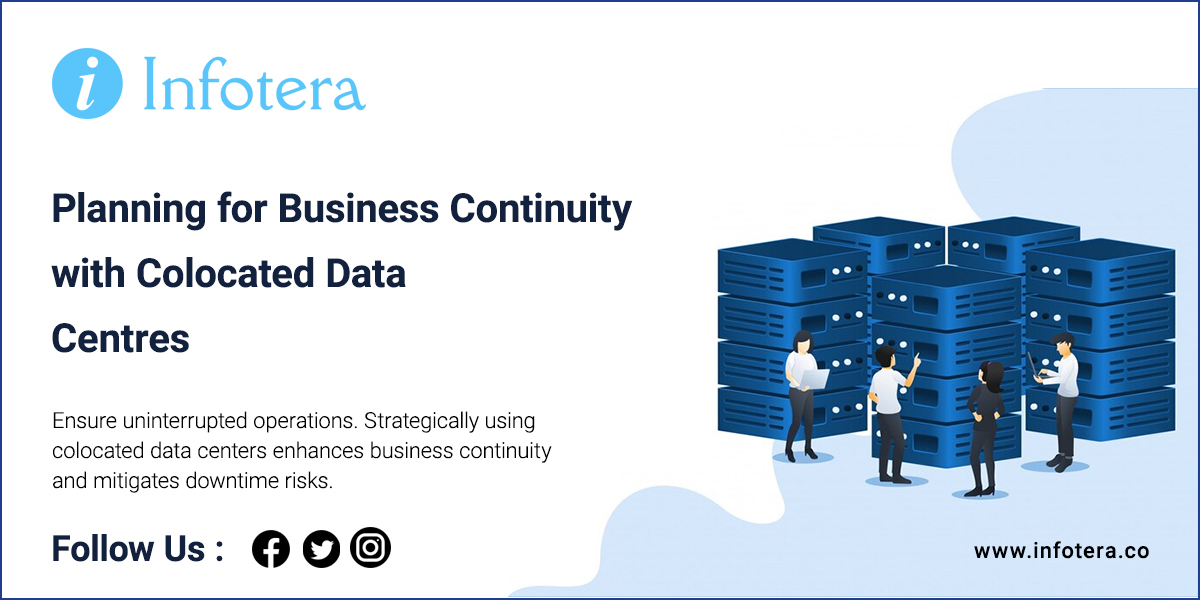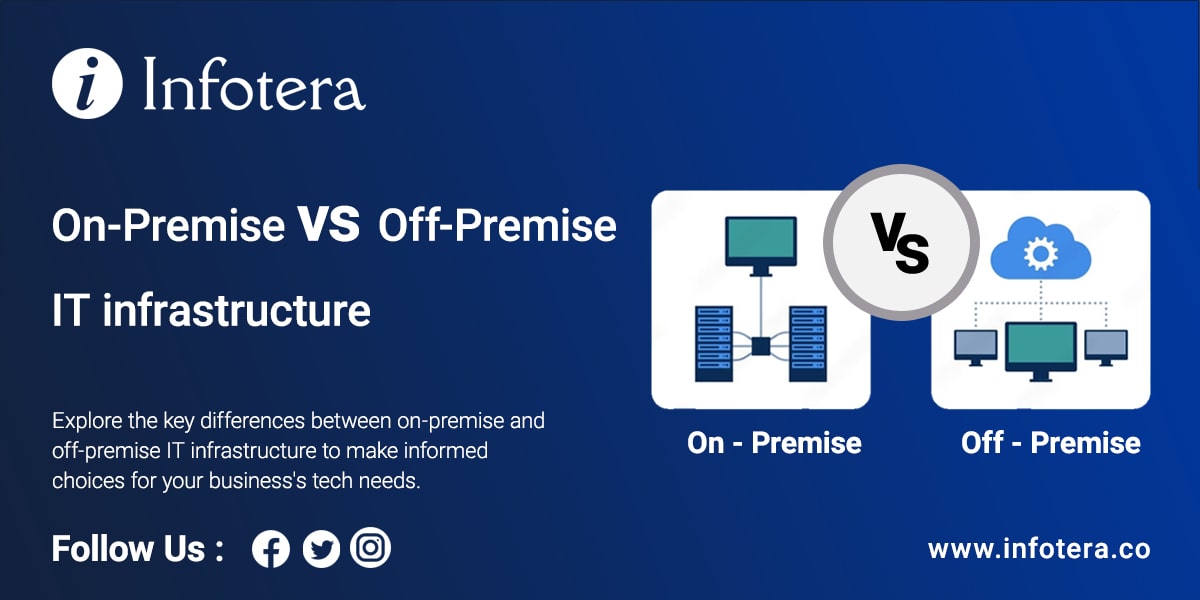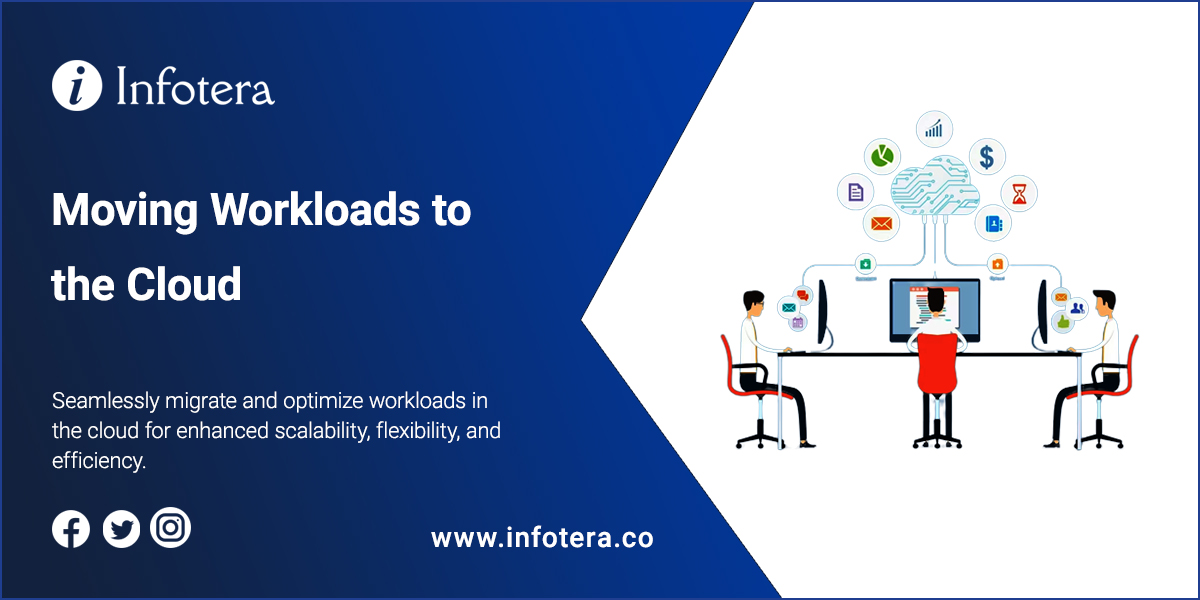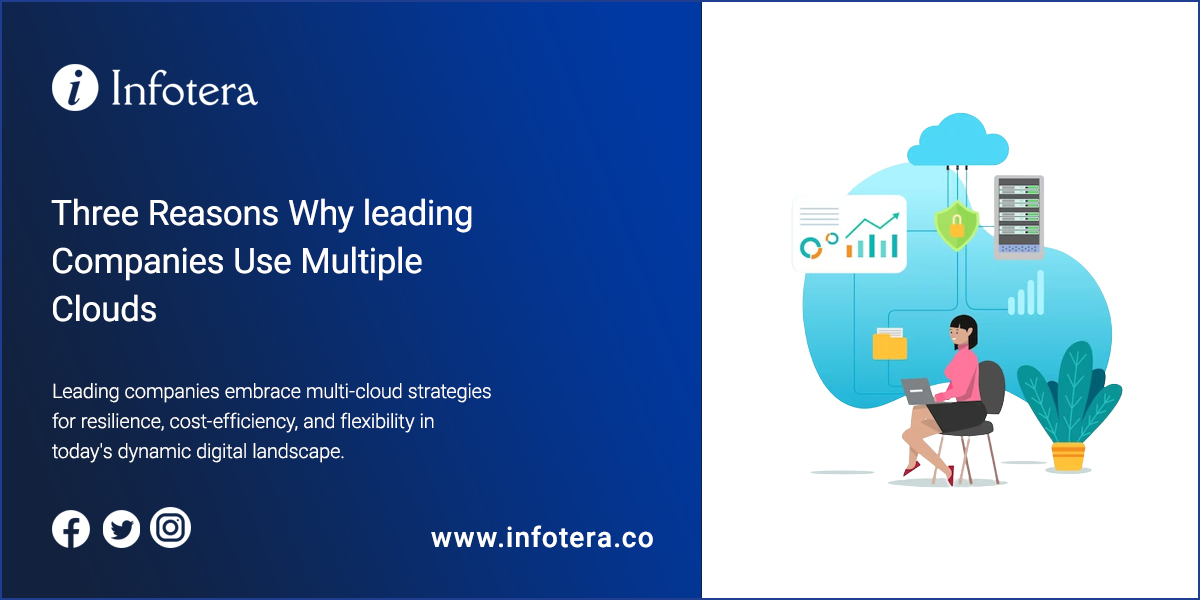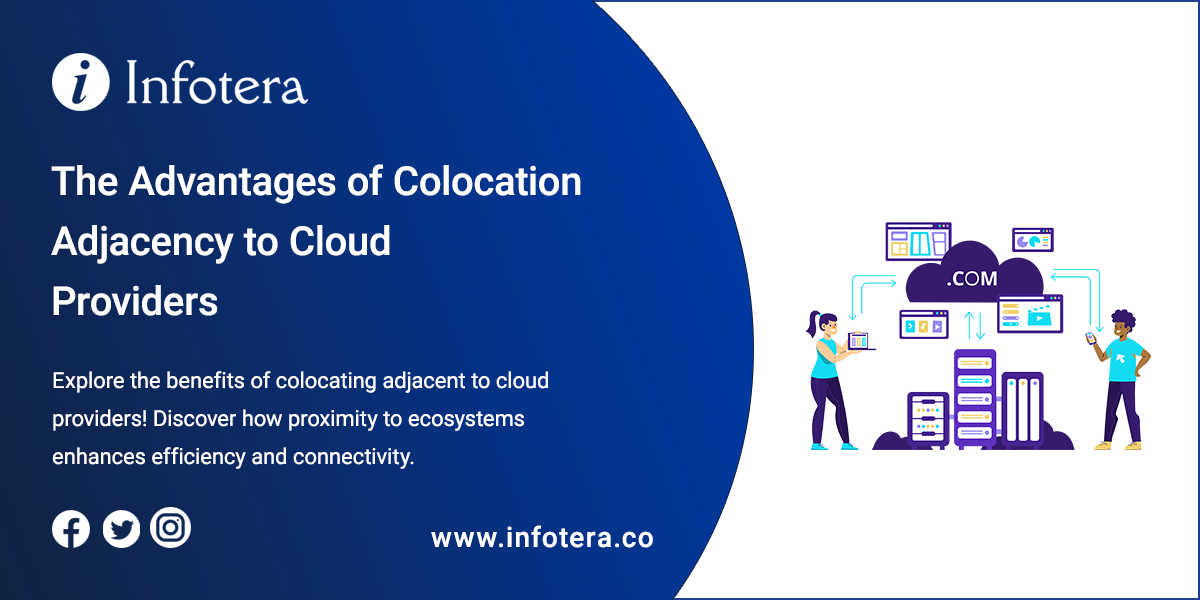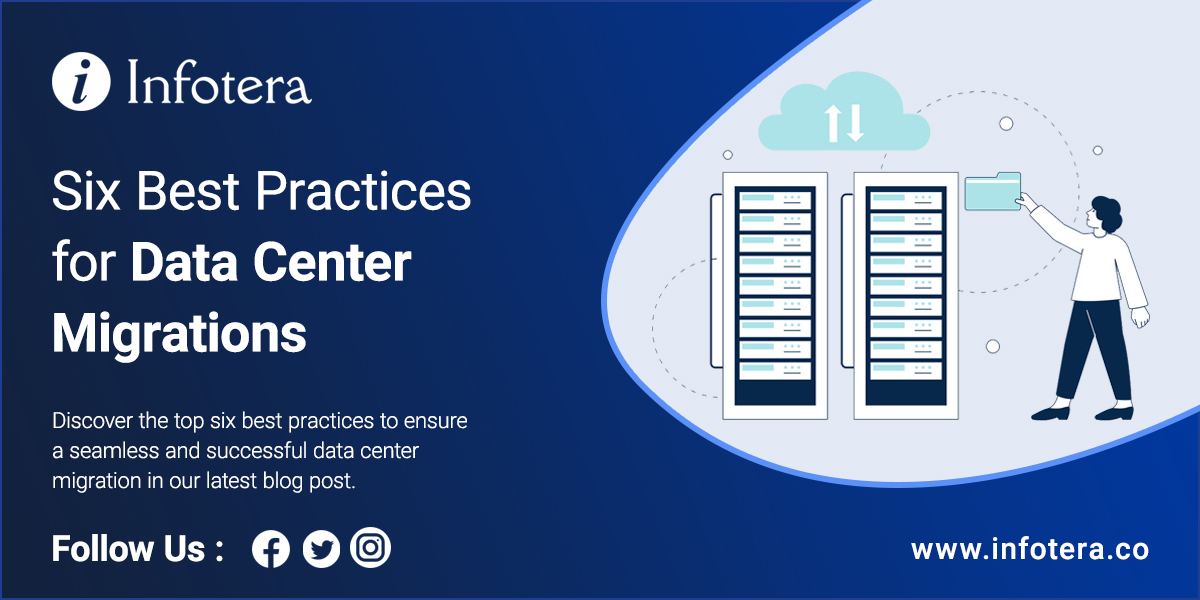Planning for Business Continuity with Colocated Data Centers
Business continuity planning ensures critical operations can continue during unexpected disruptions. An effective continuity plan is essential for companies utilizing colocated data centres to maintain data and application availability. This article will discuss key considerations and strategies for planning business continuity with colocated facilities. Benefits of Colocation for Continuity Colocated data centres provide physical infrastructure, … Read more
